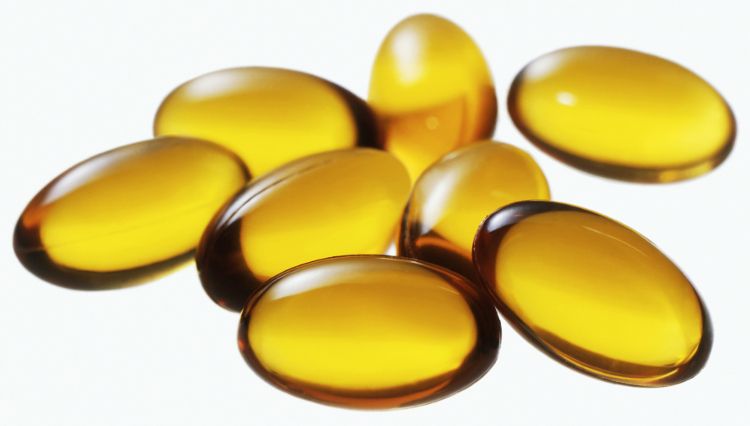DHA content inversely related to lung disease, says recent study
A study published in the American Journal of Epidemiology found an inverse relationship between Docosahexaenoic acid (DHA) and interstitial lung disease.
Photo © iStockphoto.com/ evemilla

A study published in the American Journal of Epidemiology found an inverse relationship between Docosahexaenoic acid (DHA) and interstitial lung disease (ILD). ILD encompasses a wide range of disorders that can cause scarring of the lungs, affecting the ability to breath and get enough oxygen into the bloodstream. In the study, researchers examined the associations of circulating levels of DHA and other polyunsaturated fatty acids, with hospitalization and death due to ILD over 12 years in the Multi-Ethnic Study of Atherosclerosis (MESA) then examined cross-sectional associations with CT lung abnormalities in MESA (2000-2012), Framingham Heart Study (2005-2011), and Age Gene/Environment Susceptibility (2002-2006) Study. The total study population amounted to 10,193.
Results showed that higher DHA levels were associated with lower risk of hospitalization due to ILD, and a lower rate of death due to ILD, as well as less interstitial lung abnormalities on CT. “I think the take-home message of this study is that the severity of an inflammatory disease – this time in the lung – is inversely related to blood omega-3 levels,” explained William S. Harris, PhD, FAHA, president and CEO of OmegaQuant, and one of the study’s authors. “That is, after adjusting statistically for the other factors that could make one susceptible to interstitial lung disease, a low DHA level was still associated with increased risk for having ILD by lung CT scanning.”
“More importantly, a low DHA level was associated with having a greater risk of being hospitalized for ILD and for dying from ILD-related lung disorders. This research suggests that having higher circulating omega-3 levels offer significant protection in this context, which is particularly timely given the COVID-19 pandemic,” Harris added.










2 Commerce Drive
Cranbury, NJ 08512
All rights reserved.

